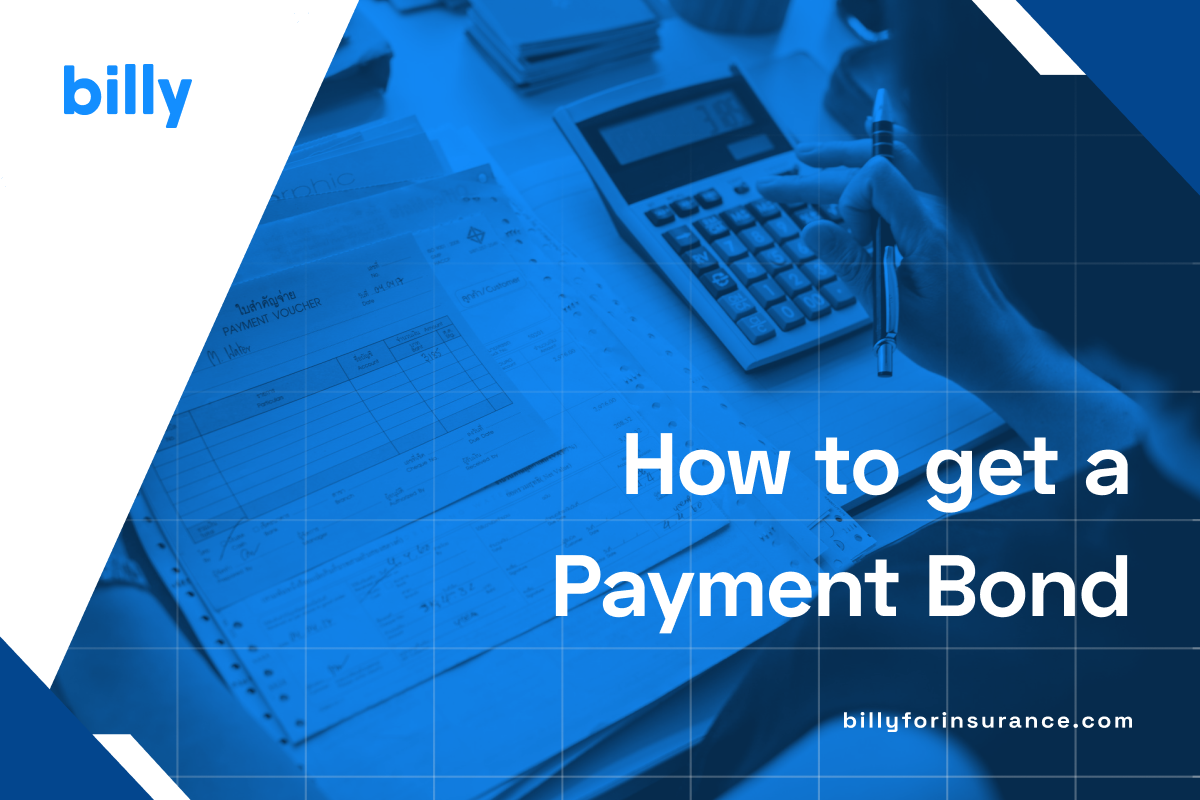Payment Bonds, also known as labor and material bonds. These are a type of surety that guarantees payment to subcontractors and suppliers for work performed on a construction project. They are often required by government agencies, municipalities, and private owners as a condition of bidding on a project.
In this blog post, we will explore the following:
- What is a Payment Bond
- How to Obtain a Payment Bond
- Payment Bond vs. Performance Bond
- How much is a Payment Bond
What is a Payment Bond in Construction?
A Payment Bond is a three-party agreement between the contractor, the obligee (the entity requiring the bond), and the surety (the company issuing the bond). The contractor is responsible for obtaining the bond and providing it to the obligee as a guarantee that they will pay their subcontractors and suppliers for the work they perform on the project. If the contractor fails to make these payments, the subcontractors and suppliers can make a claim against the bond for unpaid invoices.
How to get a Payment Bond
The contractor must fill out a short application with a surety company. The surety will then review the contractor’s financial information, including their credit score and financial statements, to determine their ability to fulfill the bond’s obligations. The surety will also consider the contractor’s experience, qualifications, and specific project requirements.
To secure the bond, the contractor may also be required to provide additional collateral, such as a letter of credit or cash deposit. Once the surety has evaluated the contractor’s information, they will provide a quote for the bond. The contractor can then decide to accept the quote, purchase the bond, or look for other options.
Payment Bond vs. Performance Bond?
A Payment Bond guarantees that submitted invoices from subcontractors and suppliers on a project will be paid in full. A Performance Bond guarantees that the contractor will complete the project according to the terms of the contract, essentially guaranteeing that the work will be done right.
How much is a Payment Bond?
The cost is typically a small percentage of the total contract value, usually between 1-3%. The exact cost will depend on the contractor’s financial strength, the project’s type and size, and the obligee’s requirements.
In conclusion, Payment Bonds are an essential aspect of construction projects and are often required by government agencies, municipalities, and private owners as a condition of bidding on a project. They provide a guarantee that subcontractors and suppliers will be paid for their work and are a way to protect both the contractor and the obligee from financial loss. If you’re a contractor looking to bid on a project, it’s essential to understand the basics of Payment Bonds and how to obtain one.






